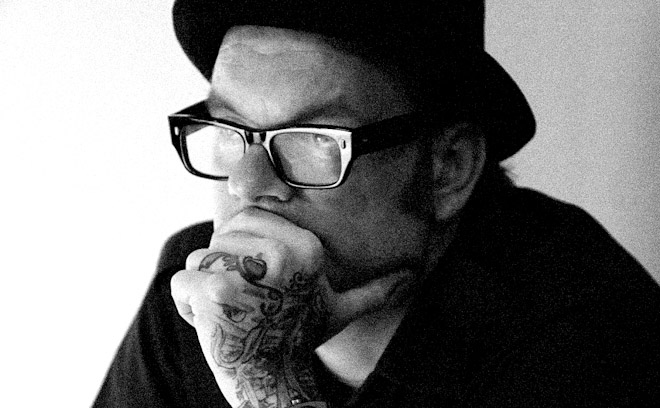
Ben Radatz
MK12 co-founder Ben Radatz has been pitching and producing motion design work since 1999.
Like many people who’ve been in the game for a while, he’s concerned about the direction the industry is headed. Everyone, it seems, wants more for less — in half the time.
Recently, MK12 was approached to pitch just to be considered to pitch “for real’ on a job for a large, multi-national company.
This did not go over well with Ben. In an email to a colleague, he explained why:
Email from Ben Radatz
We are passing on [Client Name], and I wanted to briefly explain why.
Both how this job was presented to us, and the parameters of it, are problematic. To the first point, we can’t make a responsible decision about accepting a pitch if we only know its creative parameters.
Too many times, we’ve put our backs into a presentation only to find out that the budget works out to less than minimum wage after the fact. This is on big jobs for big brands who should know better.
But they don’t and so we have to use caution. Therefore, we need budget and schedule estimates before we can consider a project, or at least confirmation if they have neither and need us to bid.
To the second point, this is an insulting pitch. Not only do we have to first pitch in order to earn the right to actually pitch, but we then have to work for free for two weeks, and then, after all that, the agency retains the right to use what we create during that period.
In what world does that make sense? This is [Client Name]. Their parent company is worth $240 billion.
I can't think of any other industry in which those kinds of conditions are acceptable.
It's exploitative and unethical and just downright inconsiderate.
I can’t think of any other industry in which those kinds of conditions are acceptable. It’s exploitative and unethical and just downright inconsiderate. We have families to feed, employees to pay and doors to keep open.
[Client Name] is far from a charity, and it’s shameful that they think so little of their own mark that they do not see the value in seeding a proper exploratory phase for it.
But the agency — who I presume are on the clock — know that there are a dozen studios within shouting distance in need of work and would gladly do it for free, because unfortunately that’s how the game is played these days.
We are certainly in need of work too, but not at the expense of our free time or our dignity. Because that’s what this comes down to — this pitch isn’t paying any bills, so to accept it would mean subtracting time from our families, our weekends, our vacations.
If they don’t value our time enough to pay for it, we don’t value their project enough to consider it. And it’s their loss, because we’re really, really good at what we do.
I’d love for you to forward this on to the agency (though I’d understand if you wouldn’t), because this is a practice that hurts everyone (but them) and needs to stop. Perhaps studios like ours are ultimately at fault for pretending to be fine with it, but maybe if enough of us actually said something and stopped entertaining these [pitches], things could change.
Thanks for the ear,
Ben




